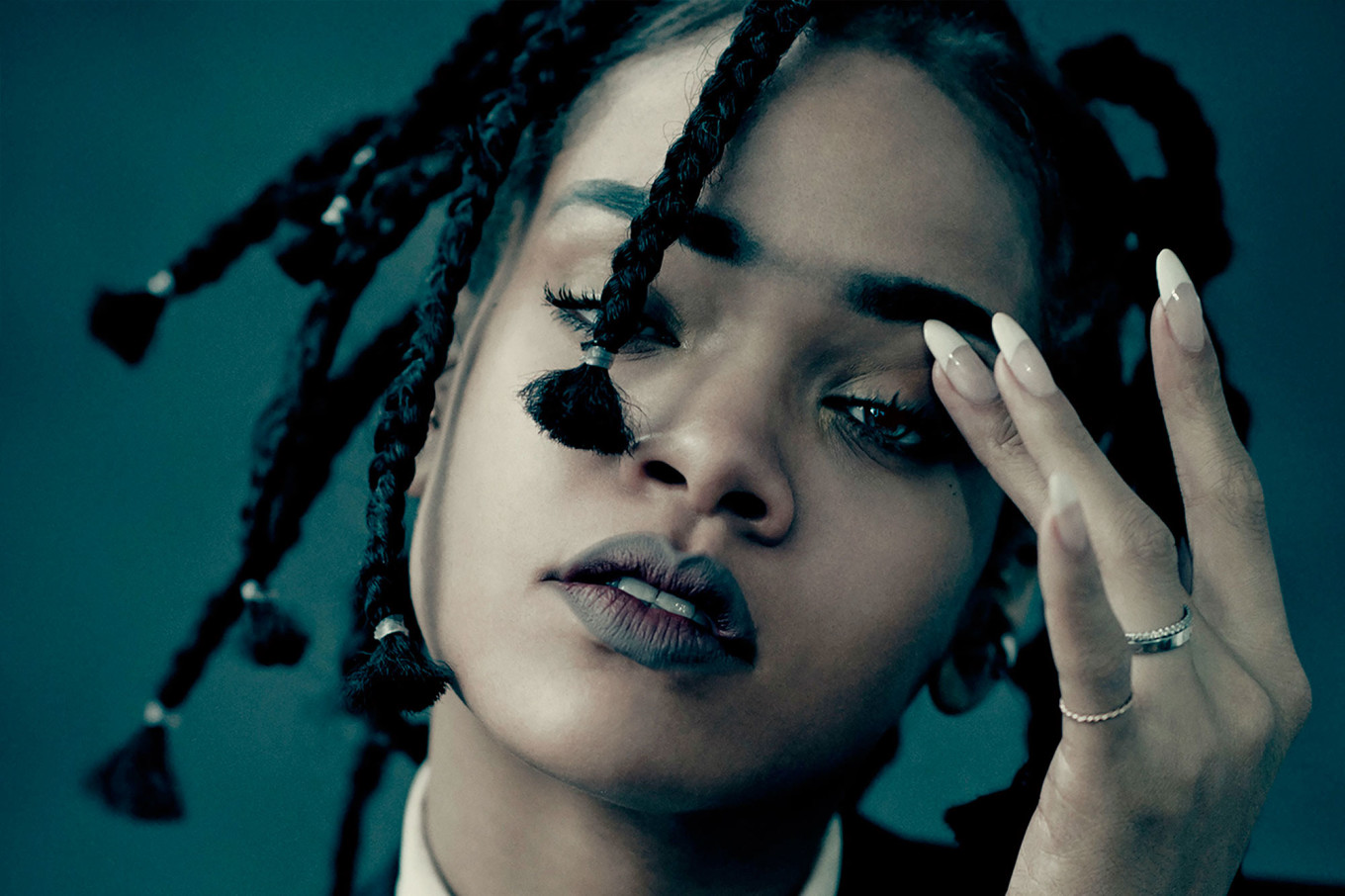It’s not a new line. The genre boundaries are breaking down, say those who consider such things. The taste of listeners are becoming broader, artists are becoming less defined in tightly focused boxes. Collaborations that feel natural and obvious are happening across boundaries that would previously have been thought notable or even extraordinary.
It’s true. We live in a world where all music is available at the tap of a screen. A place where everything is open, from whatever era, genre or style. Where our media battles with social networks that allow anyone to shout loud, and where the increased space for attention the Internet brings means that far more artists reach a certain level than ever before, no longer confined to overnight radio plays to find an audience.
Rihanna has just covered Tame Impala, and Tame Impala are winning BRIT Awards. Chart topping acts are coming through the blogs, and the previous poster darlings of pop are returning the favour to find their cool. 5 Seconds of Summer are 2016’s Busted that get to appear on the cover of rock magazines. The rules are different.
Or at least, on the surface they are. But to declare the genre dead just yet could be a step too far. A change doesn’t always mean an end.
There’s no denying it – the mainstream is broader than ever. Twenty One Pilots – an act that live within rock, and sound like everything you can possibly imagine, are breaking through on both sides of the Atlantic. Fans of big, shiny acts are finding themselves hearing music they would never have been a decade ago, and when exposed, they’re taking it on board. Fewer acts get to the size they can headline Wembley Stadium, but those on the airwaves are more diverse than ever.
But that’s looking at it from the mass market perspective. The tastemakers, too, will always be living on the edge where the status quo is challenged, but that’s not always where the truth lies.
When flipping it on its head, those genres seem – in some corners at least – just as strong as ever. When a traditional indie music magazine like NME has played with its cover acts to cope with the demands of becoming a much wider distributed free title, readers have taken to social media to declare it a travesty. Indeed, there was less of a reaction to Rihanna taking a cover back in 2010 than there was at the back end of 2016. These weren’t all old, stuck in the mud readers who remember a day when this was all Oasis b-sides and Seahorses album tracks, either, but young fans who still feel the pull of a tribe.
Because that’s what it is. It isn’t a case of back and white. Yes, the boundaries have broken down to the point where you’re less likely to hear that old, tired (but sadly far from entirely gone) “real music” mantra, but even the newest generations of music fans want something to define themselves by. They’re simply less likely to let a few self-elected gatekeepers tell them what that is.
While that’s less often those traditional boundaries of rock, pop or electronic, and more likely to involving crossing the streams, there are new boundaries – ones based around more than just sound, but aesthetic, personality and attitude too.
Perhaps these voices speaking against the tide of musical diversification are the death throws of ‘the old way’. Perhaps they are outdated – doomed to see the boundaries blur further and further until they’ve no more room to complain. But equally, maybe the labels we use to define music aren’t going away, but simply being rewritten from a more positive perspective. Splintering to be more numerous, better defined and less formulaic. Maybe, just maybe, being exposed to new things has made us understand better.
We still want to belong, but in 2016 we’re marching to different, evolving beats. The genre isn’t dead – like all music should, it’s simply evolving to take in the world around it.





